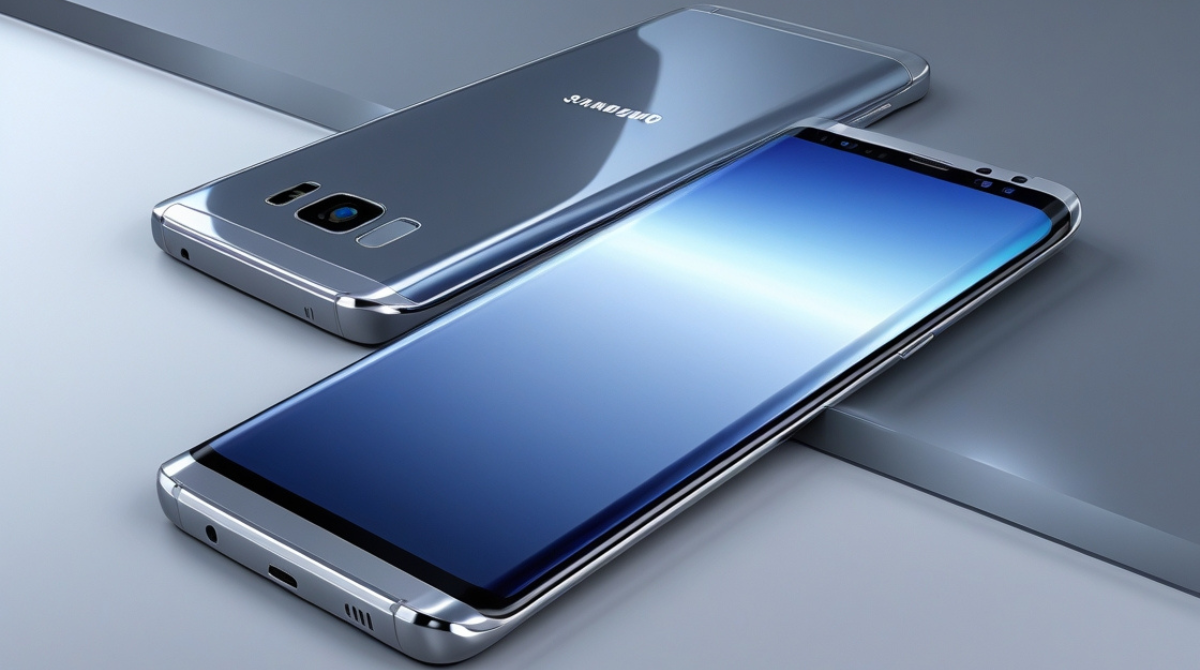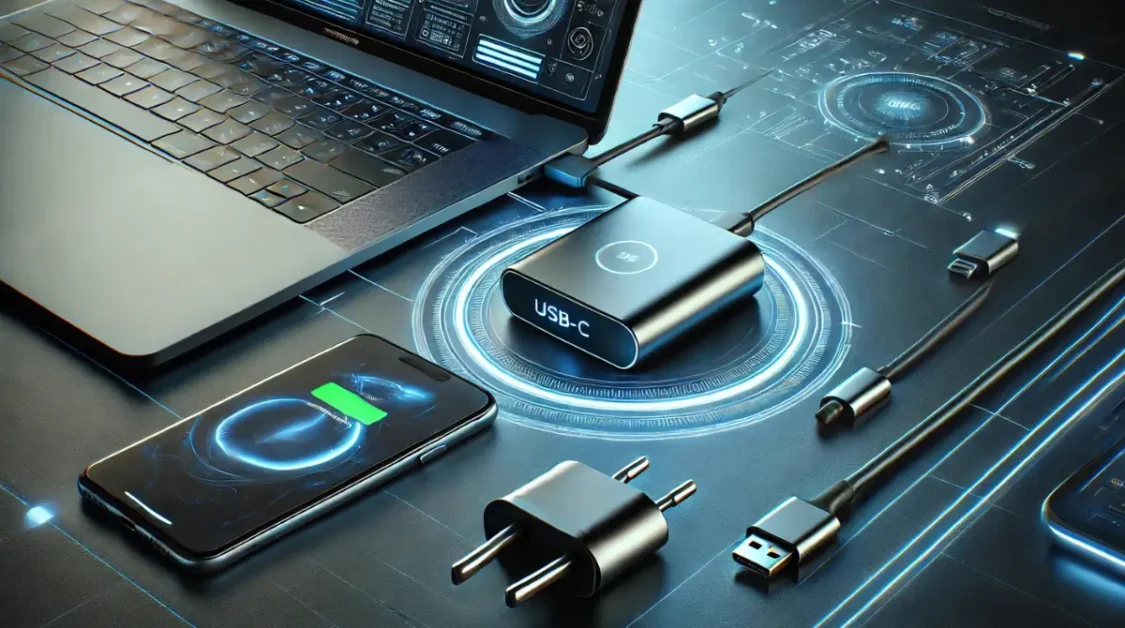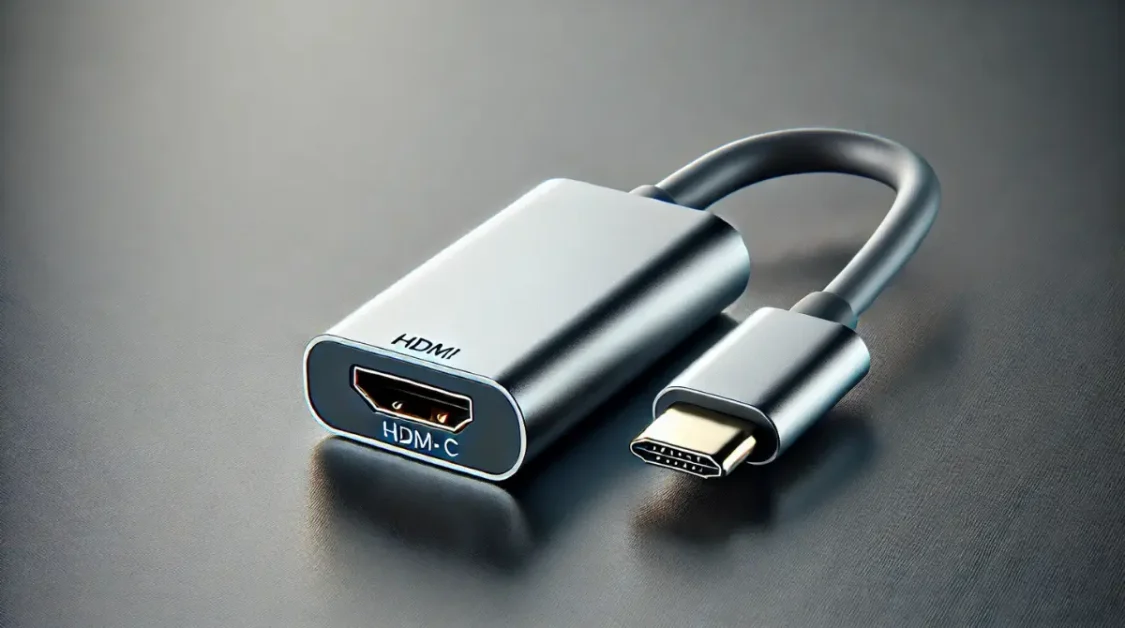Released in 2017, the Samsung Galaxy S8 marked a significant leap in smartphone design and technology. With its sleek appearance and advanced features, it set new standards in the mobile industry. In this review, we’ll delve into its design, display, performance, camera capabilities, and overall user experience.
Design and Build
The Galaxy S8 introduced the “Infinity Display,” a design that minimized bezels to provide a more immersive viewing experience. This approach not only enhanced the phone’s aesthetics but also made it comfortable to hold, even with its larger screen size. The device’s glass front and back, combined with a metal frame, gave it a premium feel. However, the placement of the fingerprint sensor next to the camera lens was a point of contention for many users, as it often led to accidental smudging of the camera.
Display
Equipped with a 5.8-inch Super AMOLED screen, the Galaxy S8 offered vibrant colors and deep blacks. The Quad HD+ resolution ensured sharp visuals, making it ideal for media consumption and gaming. The curved edges of the display not only added to its aesthetic appeal but also provided additional functionality through edge panels, allowing quick access to apps and contacts.
Performance
Under the hood, the Galaxy S8 was powered by the Qualcomm Snapdragon 835 processor (or Exynos 8895 in some regions), paired with 4GB of RAM. This combination delivered smooth performance for everyday tasks, multitasking, and demanding applications. The device handled graphic-intensive games with ease, and the user interface remained responsive throughout. However, some users noted that the battery life was average, requiring daily charging under regular use.
Camera
The 12-megapixel rear camera of the Galaxy S8 continued Samsung’s tradition of delivering high-quality mobile photography. It performed exceptionally well in various lighting conditions, producing sharp and vibrant images. The camera’s fast autofocus and optical image stabilization contributed to clear photos, even in low light. The 8-megapixel front-facing camera offered autofocus capabilities, ensuring detailed and focused selfies.
Software and Features
Running on Android with Samsung’s custom user interface, the Galaxy S8 introduced Bixby, Samsung’s virtual assistant. While Bixby aimed to compete with other assistants like Google Assistant and Siri, its initial capabilities were limited, and it didn’t resonate with all users. The device also featured an iris scanner and facial recognition for added security, though the placement of the fingerprint sensor remained a usability concern.
User Experience
Overall, the Galaxy S8 offered a premium user experience with its combination of design, display, and performance. The device’s sleek form factor and immersive screen made it a pleasure to use for media and daily tasks. However, the placement of the fingerprint sensor and average battery life were noted drawbacks. Despite these issues, the Galaxy S8 remained a strong contender in the smartphone market during its time.
Conclusion
The Samsung Galaxy S8 set a benchmark for smartphone design and functionality in 2017. Its innovative display, robust performance, and high-quality camera made it a favorite among users. While newer models have since surpassed it in terms of technology and features, the Galaxy S8 remains a testament to Samsung’s commitment to pushing the boundaries of mobile innovation.
Related Article:



